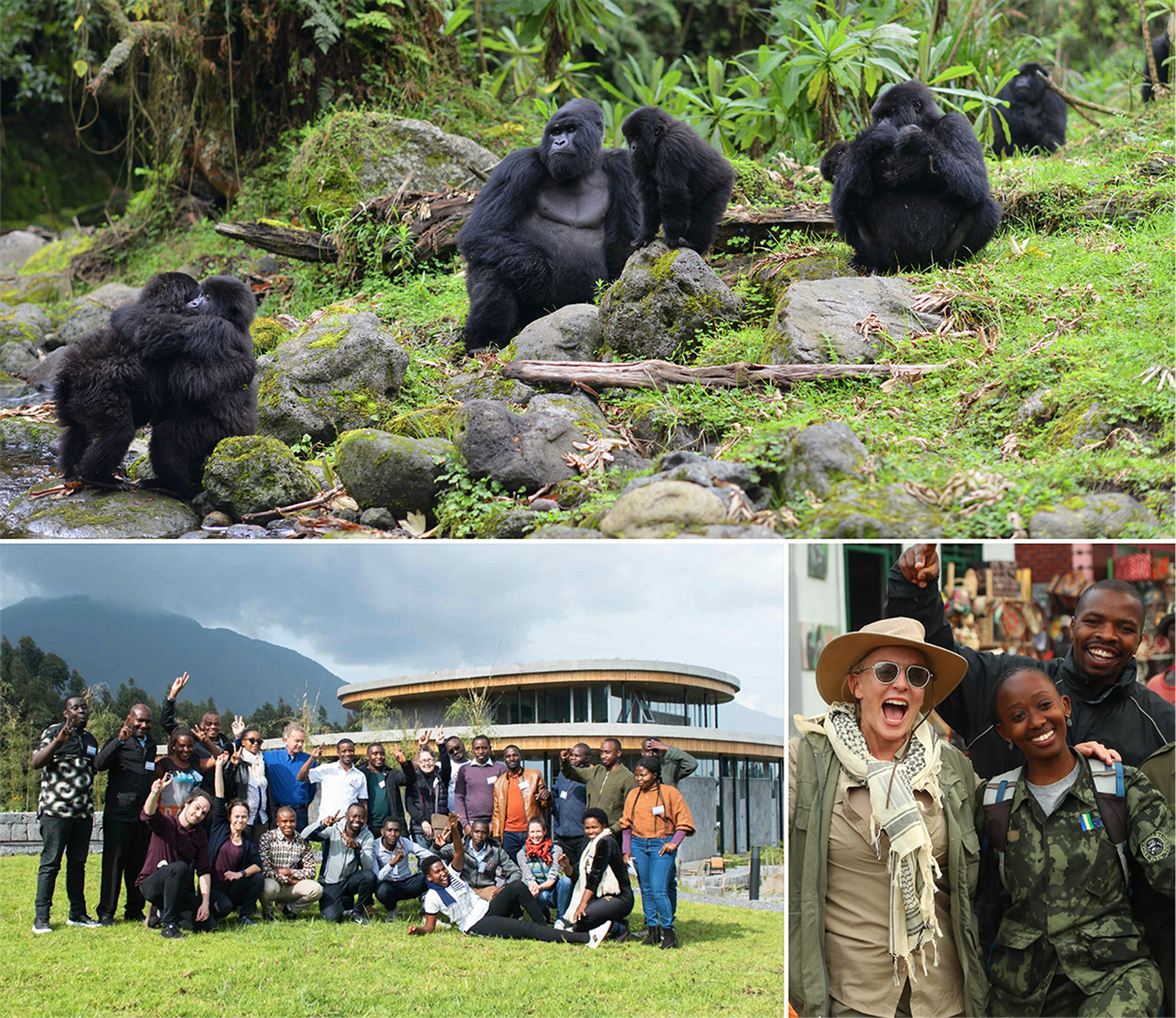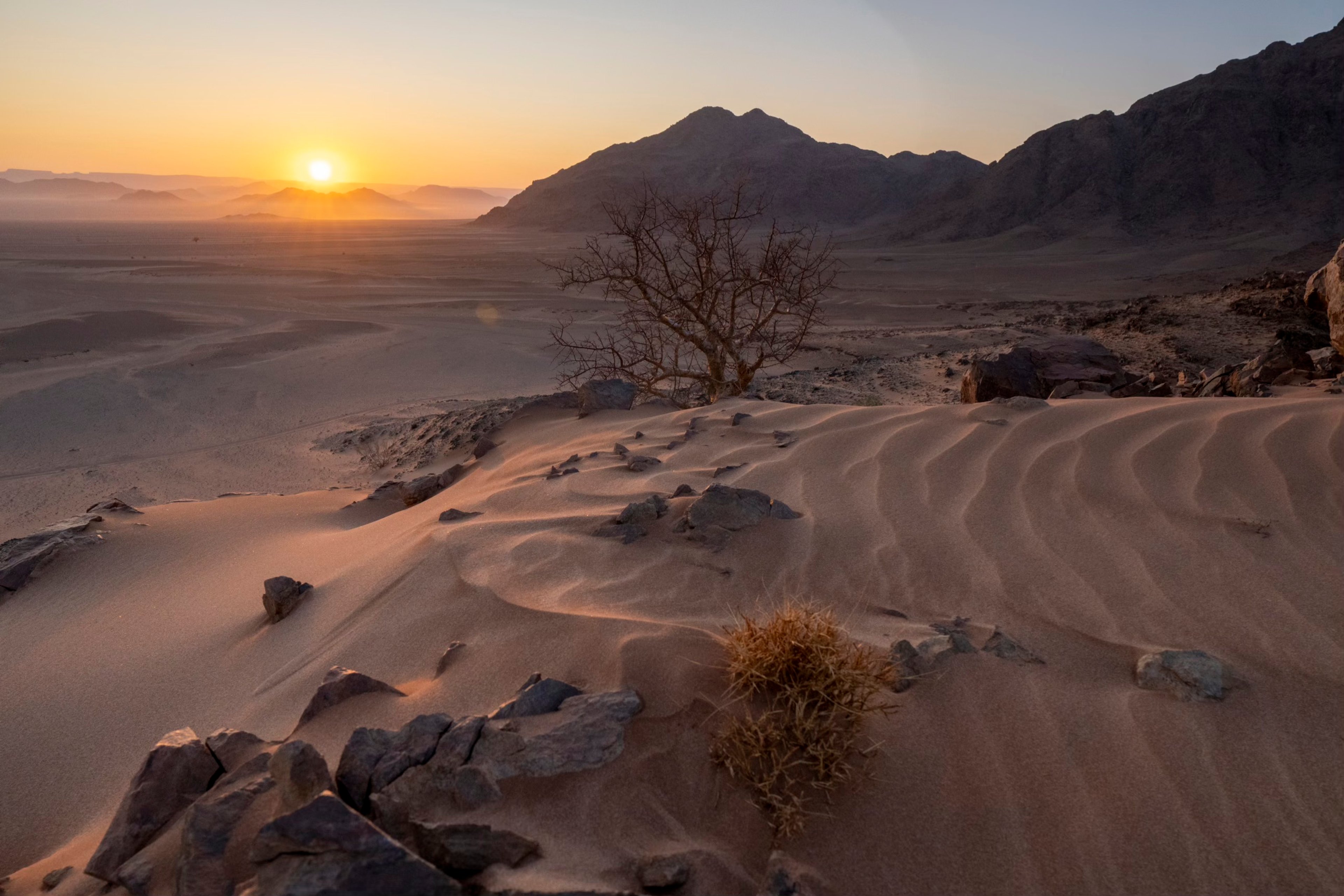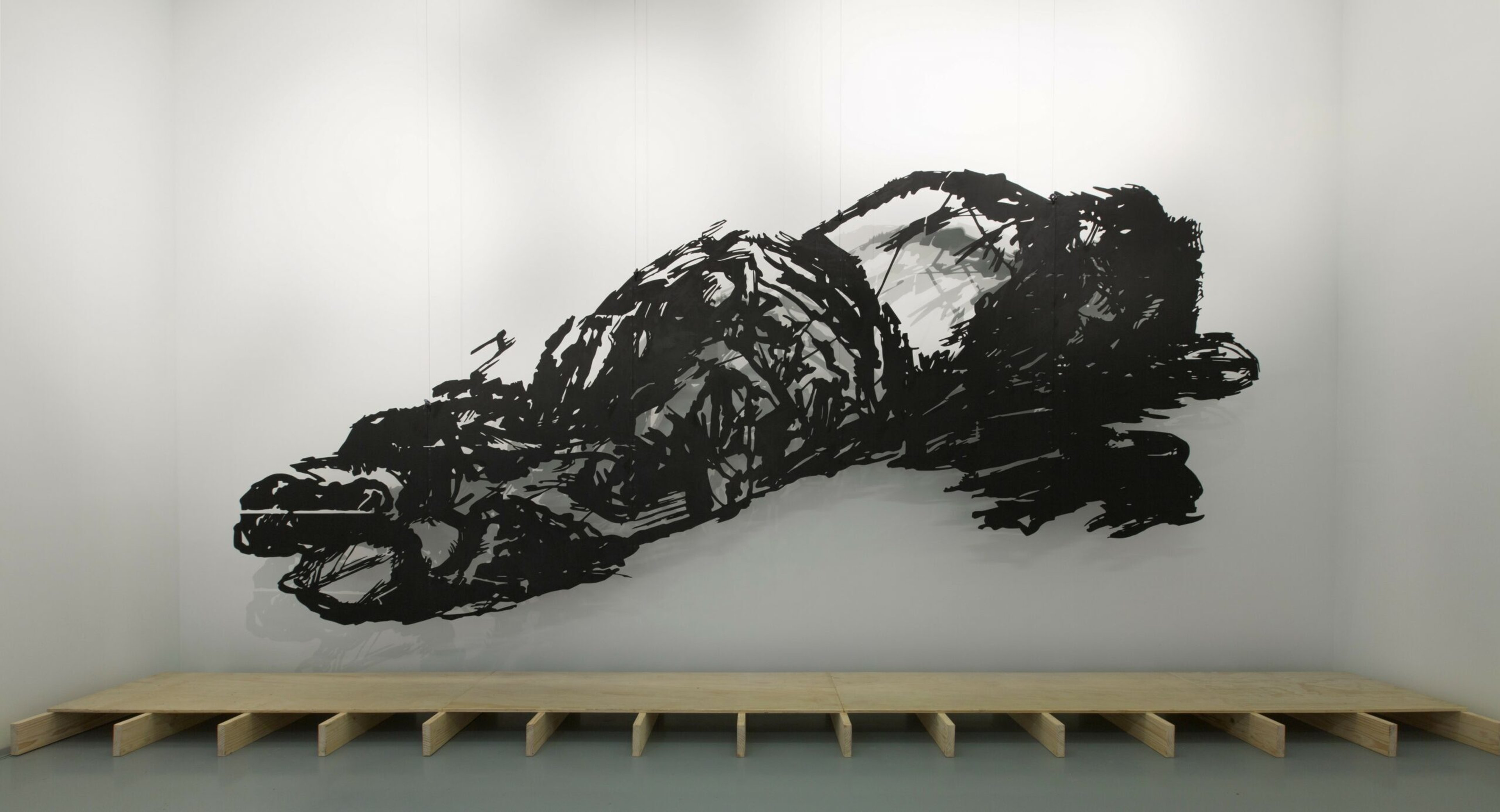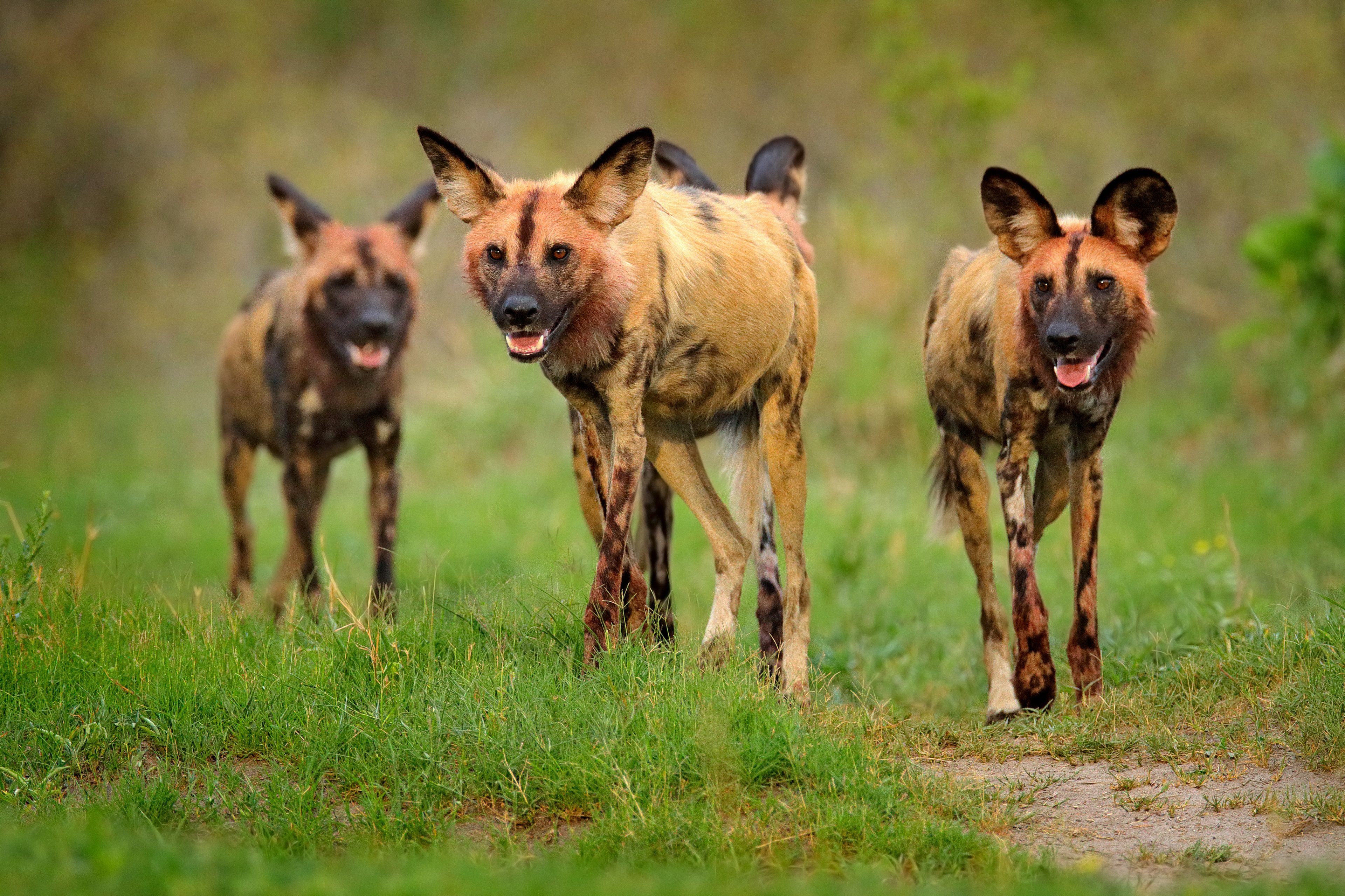“Dian Fossey thought gorillas would be extinct before the year 2000. Instead, they're the only non-human great ape on the planet that's increasing.” – Dr. Tara Stoinski, PhD primatologist and CEO of the Dian Fossey Gorilla Fund.
No matter how many times I don my gloves and gators to trek toward the ultimate reward – peaceful time in the presence of our planet's mountain gorillas – I feel a sense of tremendous privilege and heightened anticipation. The fact that Volcanoes National Park is still here and that the very precious 1,063 mountain gorillas we have left, 600 of which call the Virunga Massif home, not only exist, but thrive, is a testament to Dian Fossey's legacy. Imagine what it must’ve been like in 1967 to pitch a tent nearly 10,000 feet up Mount Bisoke, alone in the dense jungle, often covered in pouring rain, to begin what is now one of the longest-running wildlife studies in the world. Thankfully, Fossey's legacy is the opposite of a solo study. It feels all the more meaningful that 56 years ago, one woman began this mission to save critically endangered mountain gorillas. Today, a dedicated group of more than 350 staff, led by Dr. Tara Stoinski, primatologist and CEO of the Dian Fossey Gorilla Fund, continues her work.
On a recent trip to Rwanda, we went behind the scenes at the Dian Fossey Gorilla Fund Campus to experience what it takes to save a species that acts as eco-guardians of this part of the Virunga rainforest – the “lungs” of our planet.









